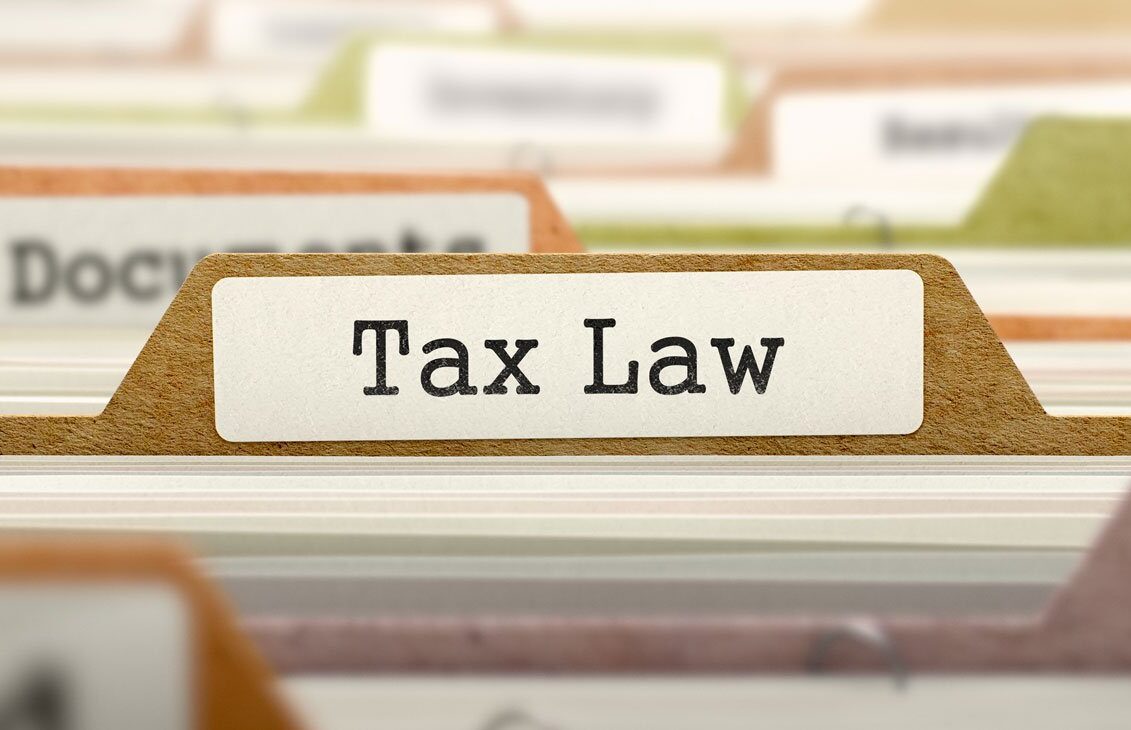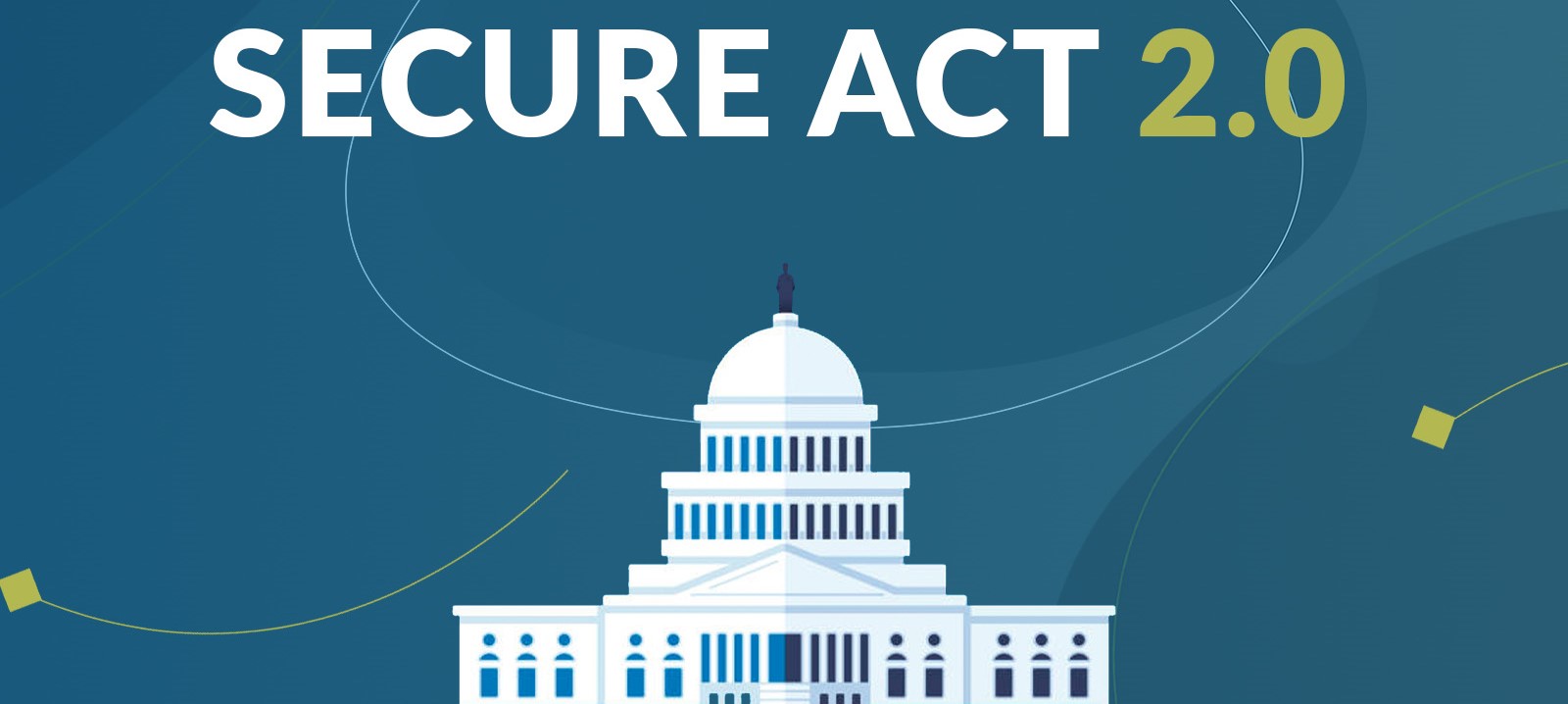Despite the reduction in the penalty for missing required minimum distributions (RMDs) in the new SECURE 2.0 law, you will still be able to get the IRS to waive the RMD penalties altogether.
Reasonable Cause
Before 2023, if you missed an RMD the IRS could impose a penalty equal to 50% of the missed amount. However, the IRS almost always waived the penalty if you took the RMD and filed Form 5329 (with a reasonable cause explanation) with the IRS. The explanation would address how the mistake occurred, what you did to remedy that mistake, and how you are making sure it doesn’t reoccur. When these procedures were followed, the IRS often excused the 50% penalty without even responding to the filing.
50% to 25%
SECURE 2.0, signed into law on December 29, 2022, reduced the missed RMD penalty from 50% to 25% starting this year. And, if the mistake is corrected promptly, the penalty is further reduced to 10%. A timely correction generally means taking the missed RMD and filing Form 5329 by the end of the second calendar following the year the RMD was missed.
With the reduction in the penalty from 50% to 25% or 10%, it wasn’t clear that the IRS would continue to waive the penalty if someone follows the same procedures that had worked in the past. Some commentators predicted that the ability to have the penalty reduced from 25% to 10% by a timely correction means that the IRS will no longer continue to be willing to excuse the penalty entirely.
Think Again
For some time the IRS has published a plain-English explanation of the RMD rules – called the “Retirement Plan and IRA Required Minimum Distributions FAQs” – on its website. The publication had previously included the following FAQ on waiving missed RMDs:
“Q9. Can the penalty for not taking the full RMD be waived?
Yes, the penalty may be waived if the account owner establishes that the shortfall in distributions was due to reasonable error and that reasonable steps are being taken to remedy the shortfall. To qualify for this relief, you must file Form 5329 and attach a letter of explanation. See the Instructions to Form 5329.”
On March 17, the IRS updated certain FAQs to incorporate the new SECURE 2.0 RMD rules (e.g., the increase in the first RMD year from age 72 to age 73 and the reduction in the penalty). However, the IRS did not revise Question 9.
Unofficial Indication
Although this is not official IRS guidance, keeping Question 9 is an unofficial indication that the IRS will continue to accept requests to waive the missed RMD penalty when you take the RMD and file Form 5329 with a reasonable cause explanation. It remains to be seen if the IRS will be as willing to grant these requests as it was before SECURE 2.0. Meanwhile, if you don’t have a good excuse for missing the RMD, you could consider using the correction method in SECURE 2.0 and pay only a 10% penalty.
By Ian Berger, JD
IRA Analyst











